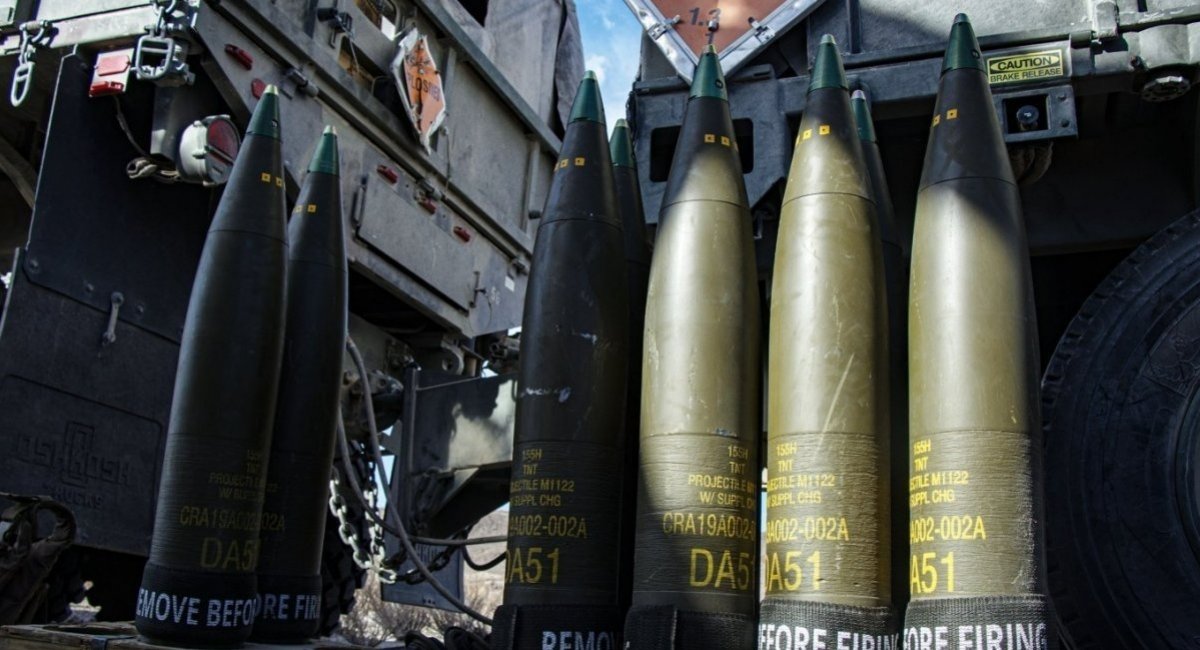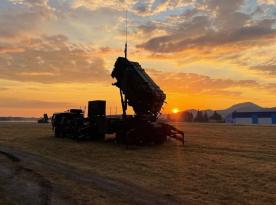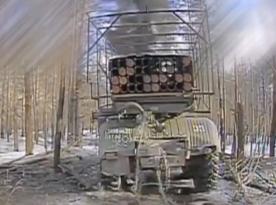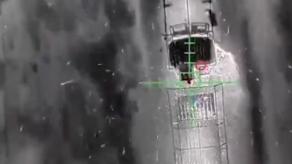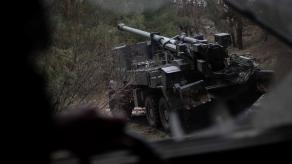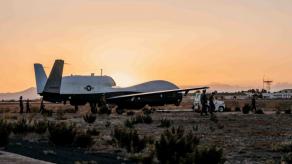Unspecified Ukrainian company is planning to build a plant for the production of hexane-based explosives in Lithuania. At this point, the "protocol of intent" has already been signed, the construction itself is to start in 2025.
No details about the company interested in this venture, nor the place of construction have been disclosed. However, publicly available data reveals reservations made last week by the Lithuanian government for three plots of state-owned land "for defense industry needs" in Upytė, Panevėžys District, LRT reports.
Read more: Artillery Barrel Production in russia: Structure, Importance, and Weak Points
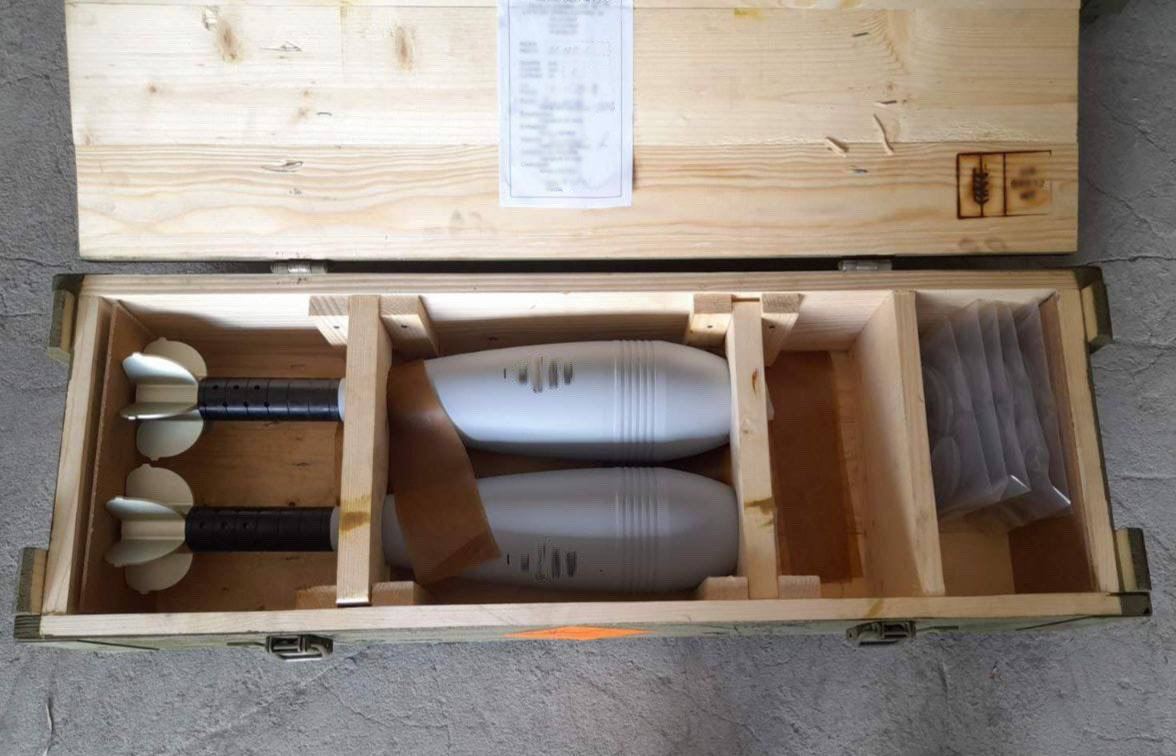
According to the Lithuanian broadcaster, the signatory of the agreement from the Lithuanian side was Deputy Minister of Economy Erika Kuročkina, emphasizing the importance of this project for Vilnius. The reason why the contractor company is currently kept secret is security concerns, as the war between Ukraine and russia is still ongoing. Yet the officials note that the Ukrainian manufacturer "operates in a particularly sensitive sector" and it will work "under the common defense umbrella of Ukraine."
The construction of an explosives factory is only one of several potential cooperative defense projects currently being discussed between the government officials of Lithuania and Ukraine, Kuročkina said.
On a note from Defense Express, it's no news that Ukrainian military industries were seeking to secure collaborations with partners abroad to preserve manufacturing equipment and personnel from russian strikes. For example, negotiations are underway with Romania to revitalize a local TNT production plant that's been idle since 2004.
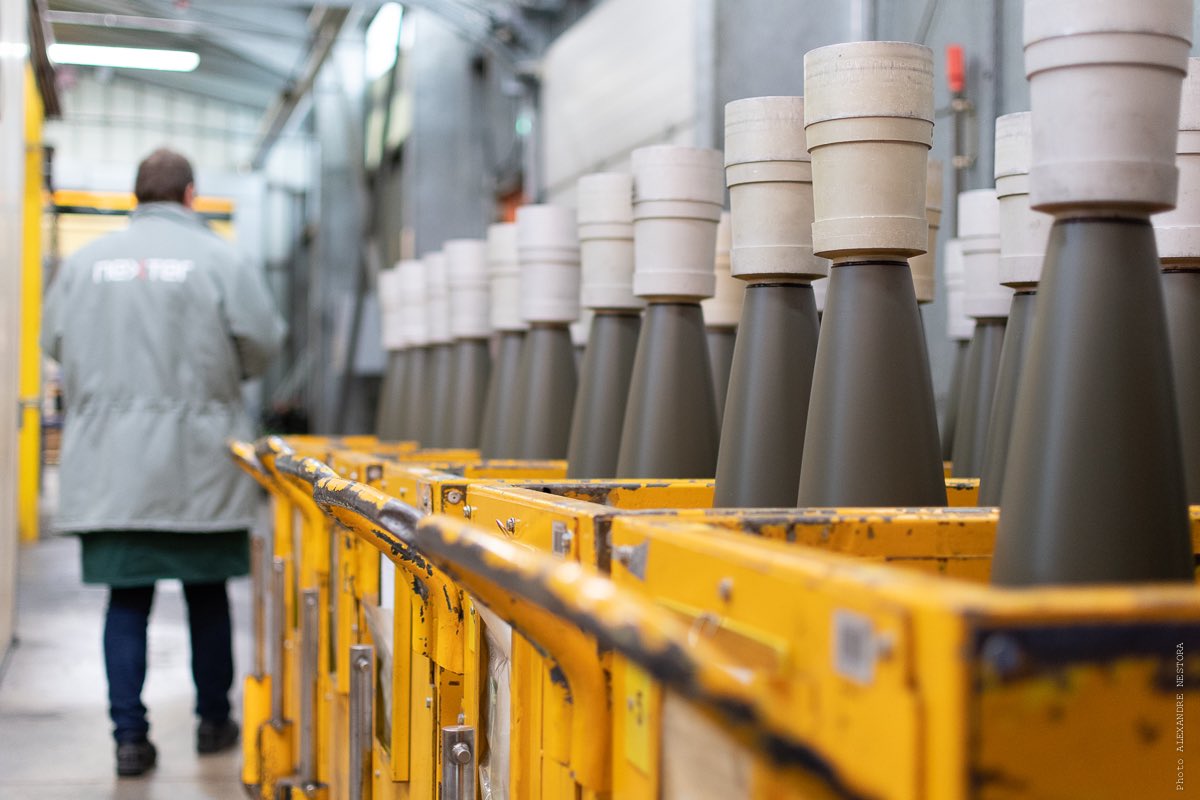
That said, the choice of Lithuania for the construction of an explosives plant for the Ukrainian defense industry looks interesting. It's not particularly the safest or logistically sound location: geostrategically, it borders Kaliningrad, a russian exclave, and explosives will have to be delivered to Ukraine either by transit through Poland or via a lengthy detour by sea.
Nonetheless, there are a few advantages to establishing a plant there. For example, Lithuania has a well-developed domestic chemical industry, particularly in the mineral fertilizer production segment. Apparently, the Lithuanian government was also able to offer attractive economic conditions for business or, simply put, create a proper investment climate.
Read more: With $140 Billion Spending Plan For 2025, russia Prepares For a Decades-Long War With Ukraine




